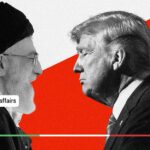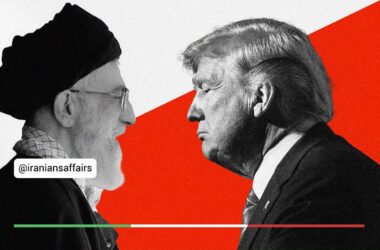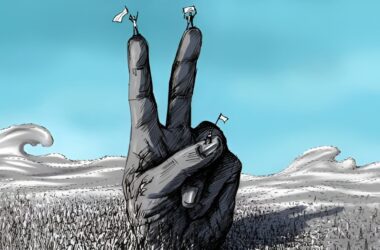These three historical figures, all suppressed by the central government in Iran, have been the subject of much debate. Among them, Pessian is often less labeled as a “separatist.” Regarding Pishevari, there is a near consensus, while Kuchak Khan remains a source of considerable discussion.
From our historical vantage point, it is evident that the movements led by all three were doomed to fail. They lacked coherent ideologies and clear perspectives. Pishevari’s views underwent such drastic 180-degree shifts that he went from opposing Pan-Turkism and advocating for a strong central government to precisely the opposite stance. But why?
Initially, all three held ostensibly “nationalist” views. Pishevari believed in the constitutional law as a means of salvation. Houshang Nahavandi describes Kuchak Khan as a passionate yet superficial nationalist. Pessian, for his part, was close to Seyed Hassan Taghizadeh, contributed articles to the Kaveh magazine, and had demonstrated valor during World War I.
The pendulum-like shifts in their approaches have occasionally elicited sympathy for their causes. However, the outcomes of their actions were ultimately “detrimental to Iran” and led to their own demise.
The key to this puzzle is straightforward: all three failed to accept “national leadership.” Consequently, lacking national consensus, they became tools in the hands of reactionary, non-national, or foreign forces. Pessian tied his personal grievances with Qavam al-Saltaneh to broader political issues, while Pishevari and Kuchak Khan compensated for their ideological weaknesses by relying on Soviet support.
The argument is clear and simple: a nationalist approach serves as an immediate and practical solution in societies facing crises. National leaders derive legitimacy to guide communities through turbulent times with a degree of order and consensus. What matters more than political actors’ rhetoric is their understanding of the situation and the necessity of national leadership.
When this necessity is rejected, political actors unwittingly fall into the clutches of anti-national forces, as they lack the resources for effective political competition. While non-national resources may temporarily empower them, they quickly expose the contradictions in their rhetoric.
This same key applies to understanding the political opposition’s position in post-2019 Iran. Emerging figures who seek to challenge national leadership inevitably require anti-national resources. To gain a voice in the media, they are compelled to align with particular speakers, initiating a process where separatists or pro-regime forces suddenly support them.
The crucial point is that nationalism is not a mere emotional slogan like “We love Iran.” When Iran is under threat, standing in opposition to nationalism inevitably leads down the same path as Pishevari’s: no matter how many words are spoken in praise of Iran beforehand, the conclusion remains the same. What is left of Pishevari is the infamous remark directed at him: “The one who brought you (Stalin) now says leave.”







